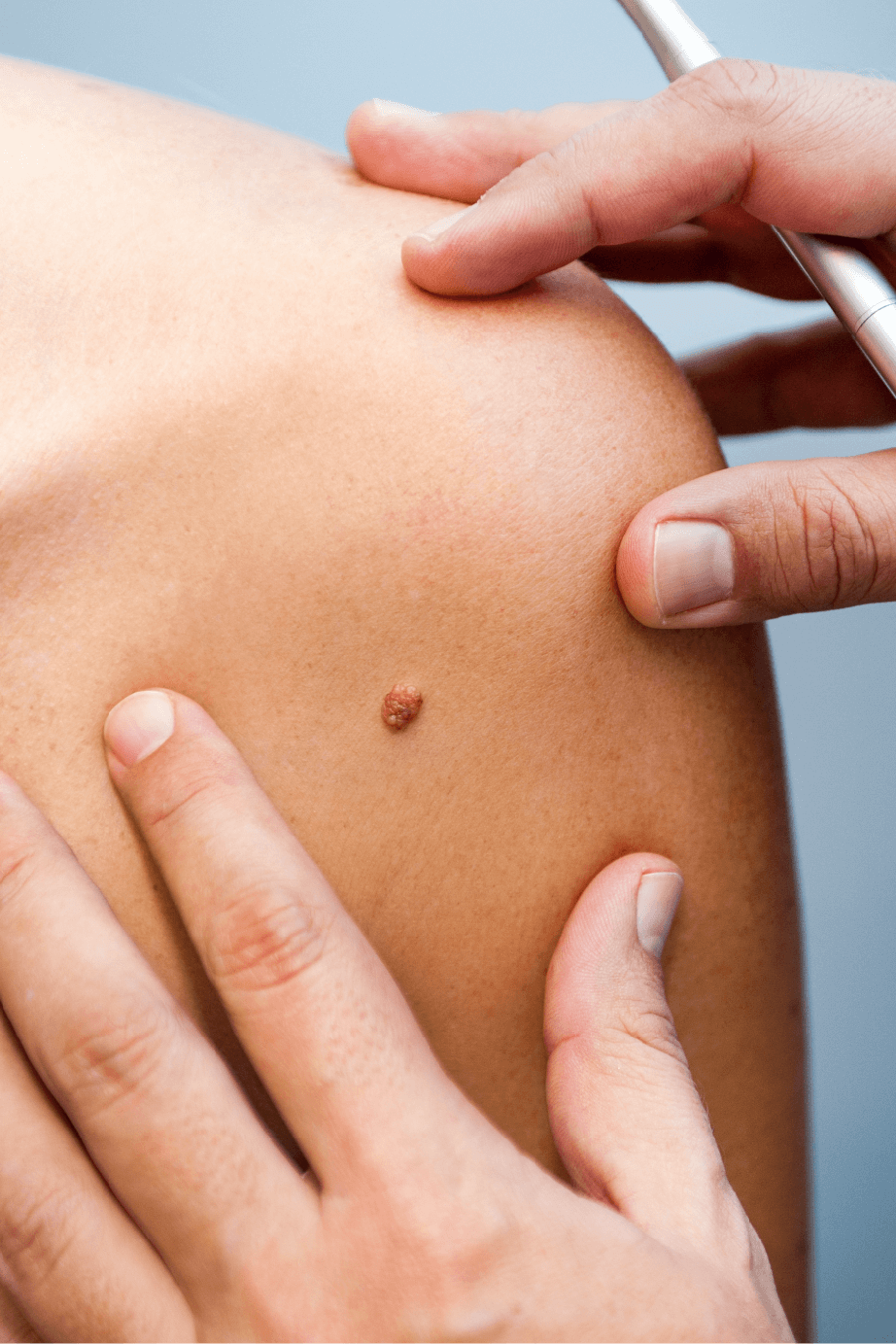
Home | Surgery Options | Reconstructive Surgery | Skin Cancer Surgery
Skin cancer is caused by an abnormal, uncontrollable growth of skin cells in the outer layer of skin. Because skin cancer can develop and spread—rapidly, in the case of melanoma—the best outcomes are possible if the disease is caught and treated as early as possible. This is why Dr. Mohit Sood provides skin cancer surgery at New Jersey’s Sood Center.
Cancer in the skin is linked to mutations that occur when there is unrepaired DNA damage, typically triggered by ultraviolet radiation. As the skin cells aggressively multiply, they can form malignant tumors and eventually metastasize to other parts of the body. The most common risk factor for this disease is intense and cumulative exposure to sunlight or artificial sources, like tanning beds.
Get effective and comprehensive skin cancer surgery at New Jersey’s Sood Center. Contact us at 609.904.5390 (Linwood) or 856.403.9686 (Haddonfield) or send us a message online.

For many patients, surgery is a highly effective treatment for skin cancer. Your treatment plan—typically developed in partnership with your primary care physician, oncologist, and other members of your team—may involve a combination of approaches designed to attack the cancerous cells from multiple angles. The type of treatment that is best for you, including possible skin cancer surgery, will depend on the location, type, and size of the cancerous tissue, your own preferences and overall health, the stage of the disease, and other factors.
As a surgical strategy, excision (removal of cancerous tissue) is a precise, highly effective method of removing skin cancers. Skin cancer surgery for small skin cancers may include an excisional biopsy or cryosurgery, while skin cancer surgery for larger skin cancers or tumors that have spread requires different approaches, such as a wide local excision or a skin graft.
There are also topical prescription medications that can be applied directly to the skin for the treatment of superficial basal and squamous cell carcinomas or pre-cancerous lesions. Laser therapy is another option for treating pre-cancerous lesions in the outer layer of skin.


Skin cancer surgery is typically a straight forward procedure that can be completed relatively quickly. Details depend on the type of skin cancer surgery you need. In most cases, local anesthesia is provided to numb the area.
Excisional biopsies are commonly used to both diagnose and treat skin cancer. The entire skin cancer lesion is cut away along with a small area of healthy skin around it with a scalpel. The excised tissue is then looked at under a microscope to ensure an accurate diagnosis.
Ultimately, stitches are used to close the skin. For patients with large skin cancers, a wide local excision will be used to remove more healthy skin and tissue if there might be skin cancer cells in the tissue margins surrounding the skin cancer lesion.
If a large portion of the skin needs to be removed, a skin flap or skin graft can be used to repair or replace the skin in the area. For cryosurgery, liquid nitrogen is sprayed to freeze and destroy the targeted cancer cells. Ultimately, a scab will form, then peel off several days later. This is less invasive than surgical treatments for skin cancer, so there is less recovery time, and the side effects are minor.
After your cancer has been removed, wound repair can be performed for the best functional and cosmetic results, with reconstructive surgery providing a more aesthetically pleasing outcome. Although Sood Center does not offer Mohs surgery, Dr. Sood and his team can provide reconstructive surgery to close the minimal wound after your cancer has been removed via this skin cancer surgery performed elsewhere.

New Jersey’s Sood Center also offers a complete range of cosmetic and reconstructive surgery, such as ear surgery and breast reconstruction, along with non-surgical, cosmetic skincare treatments. Any of these procedures can be used to address trauma from surgery, such as lumpectomies, mastectomies, and more.
After you have had skin cancer surgery, it’s common to experience some side effects such as pain, swelling, bleeding, and scarring. You can use over-the-counter pain medications to help reduce any discomfort.
HADDON FIELD
LINWOOD